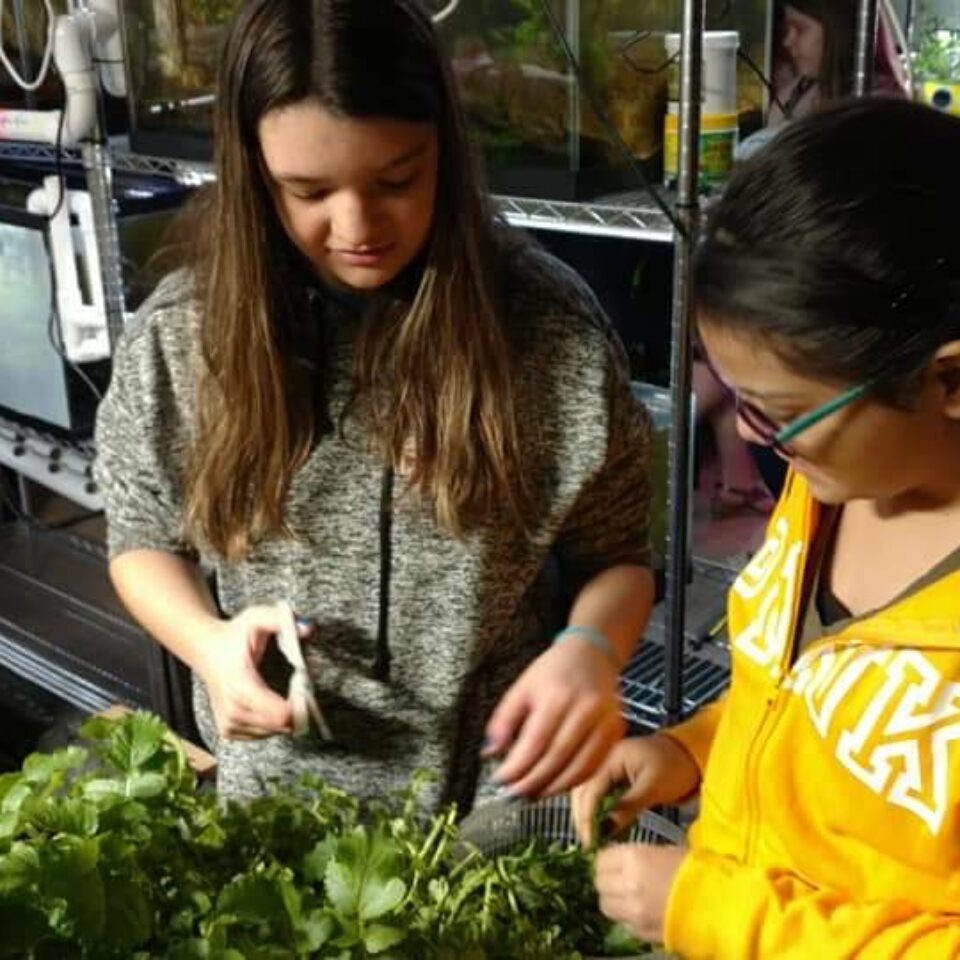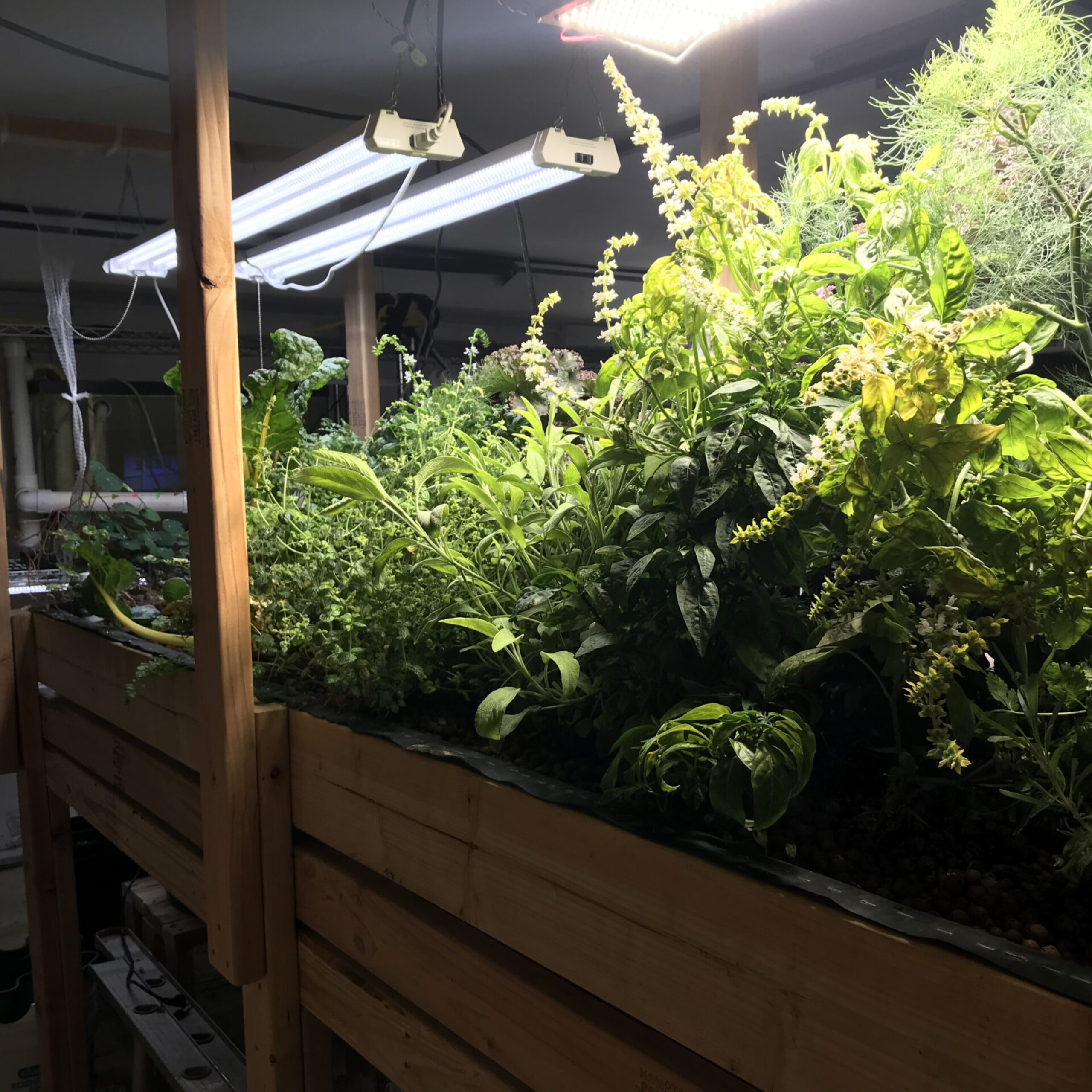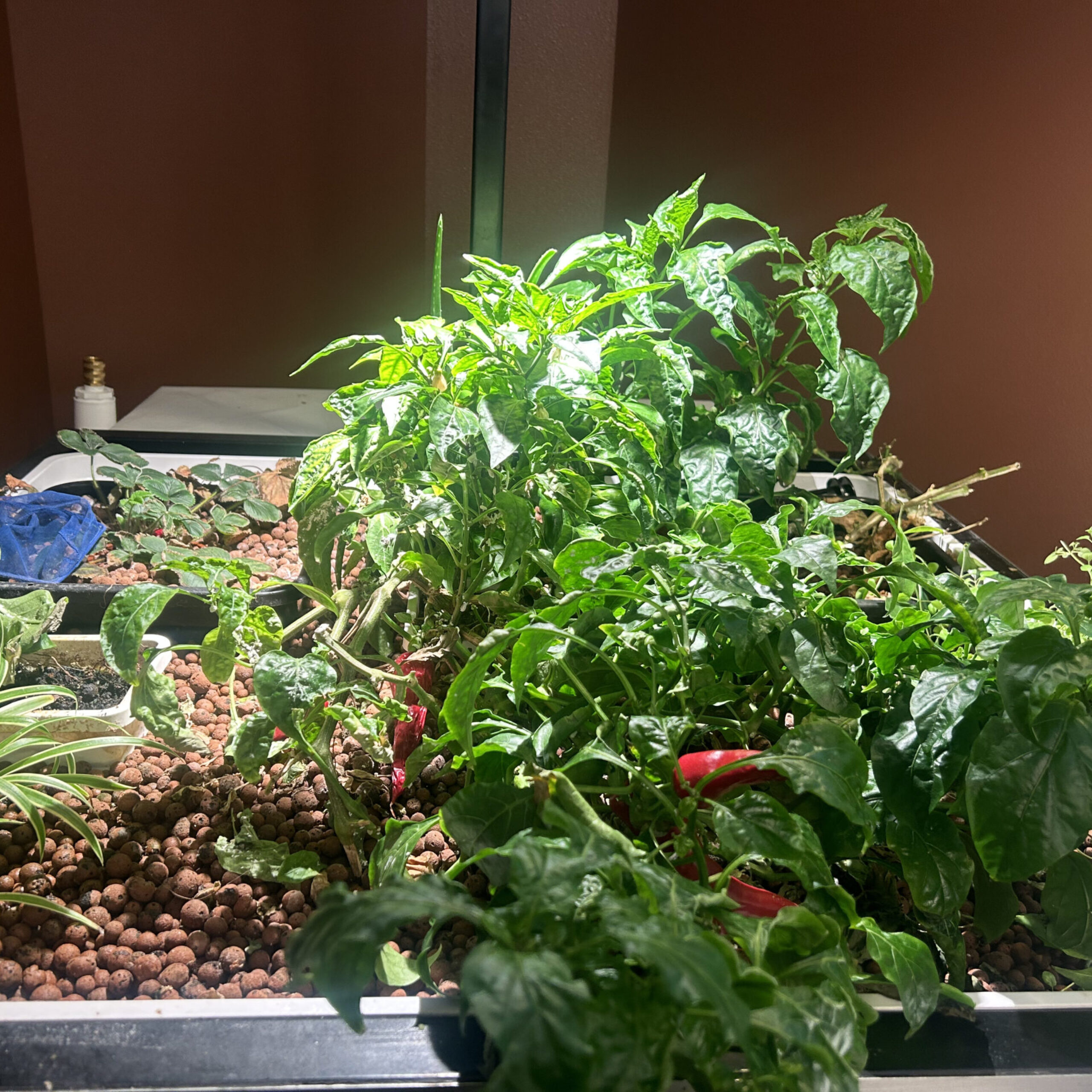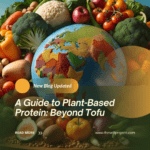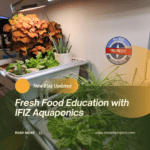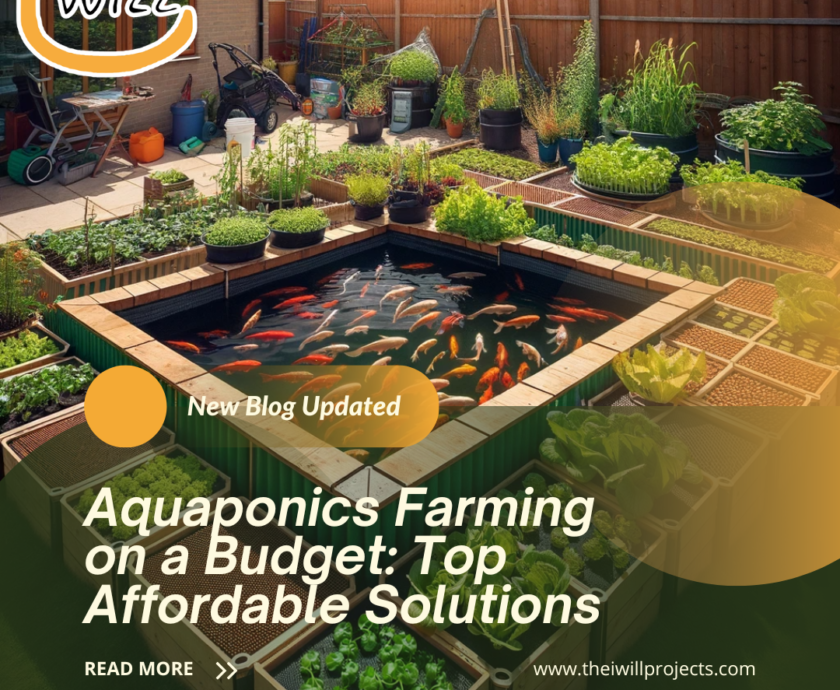“Sustainable agriculture is not just about protecting the environment; it’s about sustaining humanity.” — Patrick Holden, Founder of the Sustainable Food Trust
TweetTable of contents
Introduction
Sustainable farming practices lie at the heart of human civilization, serving as the backbone of economies and the primary source of food for billions.
However, traditional farming methods have led to significant environmental degradation, economic inequities, and social challenges.
Sustainable farming offers a transformative solution, focusing on environmental preservation, economic viability, and social equity.
Communities that embrace sustainable farming experience enhanced food security, thriving local economies, and improved environmental conditions.
This article explores the multifaceted benefits of sustainable farming and its potential to create resilient communities globally.

Understanding Sustainable Farming
Sustainable farming refers to agricultural methods designed to balance environmental health, economic profitability, and social equity.
These methods integrate practices that protect natural resources, promote biodiversity, and ensure long-term productivity.
Key principles of sustainable farming include:
- Resource Efficiency: Using water, soil, and energy efficiently.
- Ecological Balance: Protecting ecosystems and fostering biodiversity.
- Economic Viability: Ensuring profitability without harming the environment.
In contrast to traditional farming, which often relies on monoculture and chemical-intensive practices, sustainable farming adopts techniques like crop rotation, intercropping, and agroforestry.
These approaches reduce dependency on synthetic inputs, minimize ecological harm, and promote resilience against climate change.
Economic Benefits of Sustainable Farming
Sustainable farming practices act as an economic engine for communities, driving growth and creating opportunities.
By fostering local economies, it ensures a more equitable distribution of wealth.
- Job Creation: Diversified farming practices demand more labor, creating jobs in planting, harvesting, and processing.
- Market Premiums: Organic and sustainably produced goods often fetch higher prices in global markets, increasing farmers’ incomes.
- Local Business Support: Programs like community-supported agriculture (CSA) strengthen ties between farmers and consumers, keeping money within the community.
Sustainable farming also buffers communities against market volatility.
Diversified income sources, like selling surplus energy from biogas production, reduce dependence on volatile crop prices.
Enhancing Food Security
Food security is a critical issue in many parts of the world, and sustainable farming provides viable solutions by addressing key challenges such as soil degradation, water scarcity, and climate change.
Sustainable methods like crop diversification improve resilience against pests and diseases, ensuring consistent yields.
Practices like urban farming bring food production closer to consumers, reducing transportation costs and waste.
Moreover, agroecology, which blends local knowledge with modern science, enables smallholder farmers to maximize output without depleting resources, directly combating hunger and malnutrition in underserved regions.

Environmental Preservation
Sustainable farming practices minimize agriculture’s ecological footprint, focusing on practices that restore and protect the environment.
- Reducing Pollution: Using natural pest control and organic fertilizers prevents chemical runoff into water sources.
- Promoting Biodiversity: Agroforestry and polyculture create habitats for diverse species, strengthening ecosystem health.
- Carbon Sequestration: No-till farming and cover crops store carbon in the soil, mitigating climate change.
These practices ensure that agriculture coexists harmoniously with nature, benefiting both farmers and the planet.
Social Equity and Empowerment
Sustainable farming has a profound impact on marginalized communities, providing opportunities for empowerment and economic independence.
- Empowering Women: Training programs and access to resources enable women to take leadership roles in agriculture.
- Community Cohesion: Initiatives like community gardens foster collaboration, reducing social divides.
- Fair Wages: Fair-trade certifications ensure equitable compensation for farmers in developing countries.
By promoting inclusive practices, sustainable farming builds stronger, more cohesive societies.
Reduced Dependence on Chemicals
A cornerstone of sustainable farming practices is reducing reliance on synthetic fertilizers and pesticides. This shift benefits human health, environmental safety, and farming efficiency.
- Health Benefits: Lower chemical exposure reduces risks for farmworkers and consumers.
- Improved Soil Quality: Natural fertilizers like compost enhance soil fertility without harmful residues.
- Cost Savings: Reducing chemical purchases decreases operational costs, boosting profitability for farmers.
Soil Health and Productivity
Healthy soil is essential for productive agriculture, and sustainable practices prioritize its maintenance and restoration.
Techniques like crop rotation and cover cropping replenish nutrients, improve soil structure, and enhance water retention.
Healthy soils yield better crops, supporting food security and economic stability for communities.
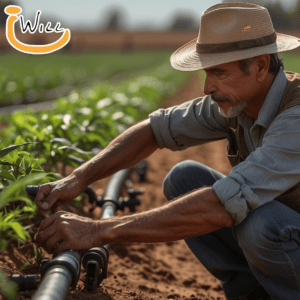
Water Conservation Efforts
Water is a finite resource, and agriculture is its largest consumer. Sustainable farming practices employ innovative techniques to reduce wastage and conserve water.
- Drip Irrigation: Delivers water directly to plant roots, minimizing evaporation.
- Rainwater Harvesting: Collecting rainwater for irrigation reduces dependence on groundwater.
- Crop Selection: Growing drought-resistant crops ensures productivity in arid regions.
Efficient water use safeguards resources for future generations.
Adoption of Agroecology
Agroecology blends traditional knowledge with modern science to create sustainable farming systems.
By tailoring methods to local conditions, it maximizes efficiency and resilience.
For example, integrating livestock with crops creates closed-loop systems where waste becomes a resource, reducing inputs and emissions.
The Role of Technology in Sustainability
Modern tools are revolutionizing sustainable farming practices, making them more efficient and accessible.
- Precision Agriculture: Sensors and GPS optimize resource use, reducing waste.
- Drones: Monitor crop health, enabling targeted interventions.
- Data Analytics: Provides insights to improve yields and reduce risks.
Technology accelerates sustainability, enabling farmers to do more with less.
Organic Farming as a Model
Organic farming exemplifies sustainability by avoiding synthetic chemicals and GMOs. It enhances soil health, reduces pollution, and produces healthier food.
Certified organic products often fetch premium prices, benefiting both farmers and consumers.
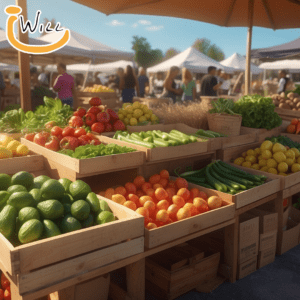
Urban Farming and Community Gardens
Urban farming brings agriculture to cities, transforming rooftops and vacant lots into productive spaces.
Community gardens strengthen local food systems, promote nutrition, and build social bonds.
Educational Initiatives for Farmers
Training farmers is essential for adopting sustainable methods.
Programs by NGOs, universities, and governments provide knowledge and resources to implement practices like composting, aquaponics and agroforestry effectively.
Role of Government Policies
Governments play a pivotal role in promoting sustainable farming practices through subsidies, research funding, and policy frameworks that incentivize eco-friendly practices.
Private Sector Contributions
Private companies contribute to sustainability by funding research, forming partnerships, and sourcing sustainably produced goods.
Challenges in Adopting Sustainable Farming
Adopting sustainable farming practices face hurdles like high initial costs, lack of knowledge, and cultural resistance.
Overcoming these barriers requires coordinated efforts from governments, NGOs, and the private sector.

Conclusion
Sustainable farming practices provide a comprehensive and long-term solution to some of the most pressing global challenges, from climate change and resource depletion to food insecurity and economic disparity.
By integrating environmentally responsible methods with socially equitable and economically viable approaches, sustainable farming not only benefits individual farmers but also uplifts entire communities by teaching individuals and communities how to grow their own food sustainably.
Adopting these practices fosters thriving local economies, enhances food security, and restores ecological balance, creating a resilient framework that benefits current and future generations.
As governments, private sectors, and communities collaborate to promote sustainable farming, the ripple effects will extend far beyond agriculture, contributing to a healthier planet, stronger societies, and more equitable opportunities.
Embracing sustainable farming is more than a choice—it’s a necessity for ensuring the well-being of humanity and the Earth.
By supporting and implementing these practices, we pave the way for a better, brighter, and more sustainable future for everyone.
FAQs
What is sustainable farming?
Sustainable farming is an agricultural approach that prioritizes environmental health, economic viability, and social equity, ensuring long-term benefits for all stakeholders.
How does sustainable farming impact communities?
It boosts local economies, secures food supplies, and promotes environmental preservation while empowering marginalized groups.
What are examples of sustainable farming techniques?
Examples include crop rotation, aquaponics, agroforestry, organic farming, and efficient irrigation systems like drip irrigation.
How can communities adopt sustainable farming?
Communities can adopt sustainable practices through education, government support, and collaboration with NGOs like The I Will Projects.
What role does technology play in sustainable farming?
Technology enhances sustainability by enabling precision farming, monitoring soil health, and optimizing water usage.
How does sustainable farming combat climate change?
By reducing carbon emissions and promoting practices like no-till farming, sustainable agriculture helps mitigate climate impacts.
How does sustainable farming impact profitability?
Sustainable farming enhances profitability by reducing input costs through methods like organic fertilization and water conservation while often enabling farmers to access premium markets for organic and eco-friendly products. Diversified income sources, such as agroforestry or community-supported agriculture programs, further boost economic stability for farmers.
How to promote sustainable farming practices?
Promoting sustainable farming practices involves raising awareness through educational programs, offering government incentives, and providing access to resources like tools and technology. Collaborative efforts by NGOs, local communities, and the private sector can support farmers through training, financial assistance, and creating markets for sustainably produced goods.
Why is sustainable farming important?
Sustainable farming is essential for preserving the environment, ensuring long-term food security, and promoting social equity. It helps combat soil degradation, reduces water scarcity, and mitigates climate change while supporting healthier ecosystems and stronger local economies.
What are sustainable farming practices?
Sustainable farming practices are methods that protect natural resources, enhance biodiversity, and promote long-term agricultural productivity. These include crop rotation, organic farming, agroforestry, conservation tillage, efficient irrigation, and the use of renewable energy in farming operations.
Which farming methods are sustainable?
Sustainable farming methods include crop rotation, no-till farming, agroforestry, organic farming, permaculture, and aquaponics. Aquaponics is particularly innovative, combining fish farming with hydroponic plant cultivation to create a closed-loop system that conserves water and nutrients.
Can sustainable farming feed the world?
Yes, sustainable farming has the potential to feed the world by producing sufficient, nutritious food while protecting the environment. Its emphasis on resilience, biodiversity, and resource efficiency ensures that agricultural systems can adapt to population growth and climate challenges, supporting global food security.
The I Will Projects, a 501c3 Non-Profit, promotes diverse solutions for global challenges. Our IFIZ education programs, emphasizing aquaponics, and insect farming, empower communities through knowledge, collaboration, and sustainable innovation.




